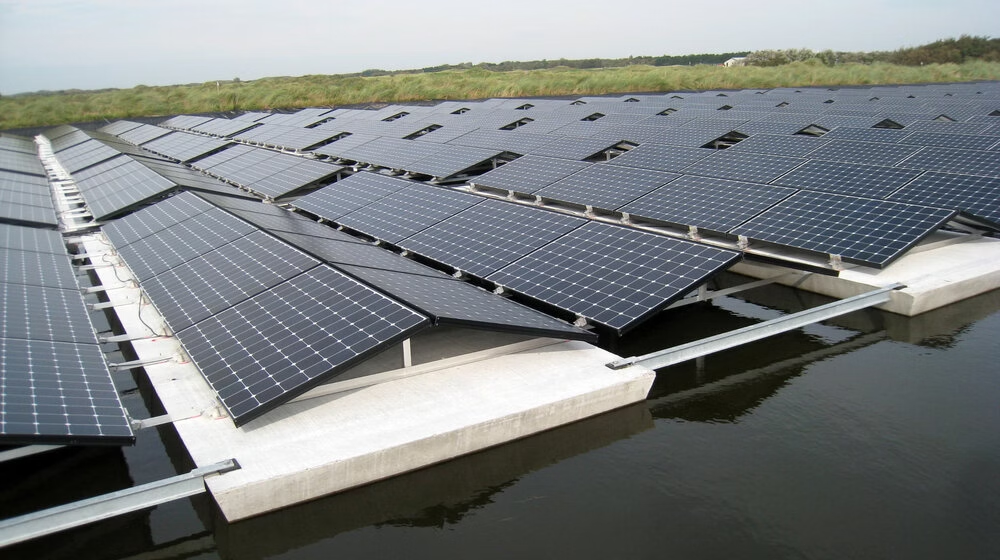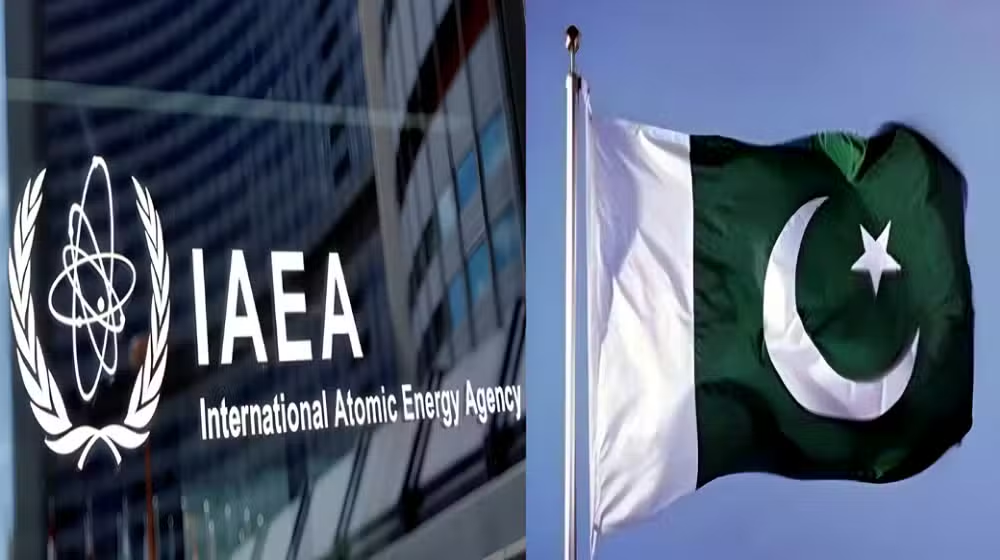Pakistan is on the verge of losing $300 million in concessional financing from the World Bank after the government decided to shelve a landmark 300-megawatt floating solar power project at Tarbela–Ghazi.
The Ministry of Energy excluded the project from the country’s 2025–2035 power generation plan, effectively cancelling what experts have described as a game-changing renewable energy initiative.
Despite years of feasibility studies, bidding processes, and the final selection of contractors, the project has been abruptly dropped due to the failure of the Water and Power Development Authority (WAPDA) to secure ministerial backing.
The floating solar plant offered one of the region’s most competitive tariffs at just 2.98 cents per unit, making it cheaper than nearly 120 of Pakistan’s existing thermal generation units.
It promised a strategic shift toward clean energy with significant financial benefits: projections indicated capital recovery within five years and potential annual savings of over $72 million in foreign exchange thereafter. Yet these long-term economic gains were overlooked in favor of short-term planning priorities.
Strategically located next to existing hydropower infrastructure at Tarbela and Ghazi Barotha, the project would have required no additional transmission lines, thus minimizing implementation costs and delays. Moreover, it offered water conservation advantages by reducing evaporation from reservoirs, an increasingly critical concern as the country faces intensifying water stress and unresolved disputes under the Indus Waters Treaty with India.
The project was also aligned with global climate goals and would have significantly boosted Pakistan’s credibility in the renewable energy sector.
By shelving this initiative, Pakistan has lost more than just funding. The country has squandered an opportunity to modernize its energy mix, lower power costs for consumers, phase out aging thermal plants, and demonstrate seriousness about sustainability.
The World Bank, which had committed to backing the project under concessional terms, has already expressed its dissatisfaction. Continued indecision risks damaging Pakistan’s relationship with international donors and discouraging future investment in clean energy.
This decision follows a pattern of delay and dysfunction in Pakistan’s energy sector. While global powers move swiftly toward renewable integration, Pakistan appears to be retreating from innovation, caught between institutional inertia and entrenched interests.
The floating solar project could have been a defining achievement for the country’s energy transition. Instead, it stands as a missed opportunity with long-term consequences.






